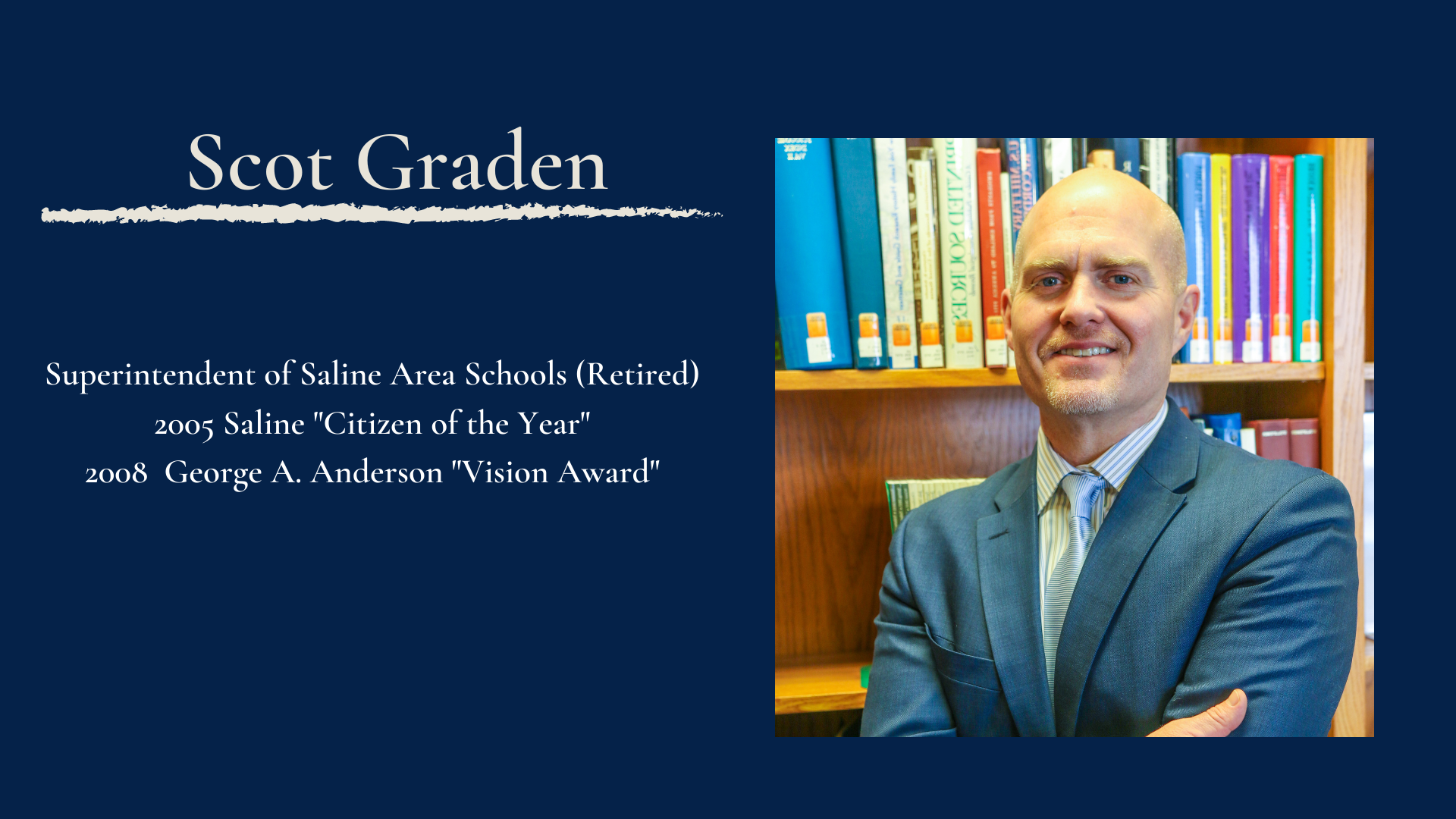Our guest today has led a district that, for over a decade, has been moving towards a skills-based approach to learning, rather than a purely content-based approach. Scot Graden is the very recently retired superintendent of Saline Area Schools, a public district near Ann Arbor. His district, in the late 2000s, was certainly “good enough,” with a fairly predictable path for kids to college. Yet he recognized that in a changing world, there was room for transformation in the district, with a stronger alignment around rigorous learning and skill development, and a clear-eyed look at what skills matter for success in this century.
What emerged is the Saline Area Schools Learner Profile, which takes the form of a compass. The cardinal directions are the key skills that Saline now organizes its learning around: collaboration, communication, critical thinking, and creativity. Between these directions are the tools the district leverages, and around the outside, are the eight attributes that they’d like to build in every Saline graduate. In our interview, we discuss how the district has realigned itself to focus on skill-building in kids, what real rigor means, how they know what’s working, and how the system could make innovation easier for districts everywhere.
Eventually we turned to the hoped-for emergence from the pandemic. I found Scot’s concern about how we’re going to respond as kids return to school insightful, worrisome, and important. He wants to challenge the framing of “learning loss,” saying, “We’ve learned a lot, but it’s different learning.” He worries about the response being more seat time, more structure, diagnostics, and “beating the pandemic learning loss” with antiquated approaches that demotivate students. This section especially is a must-listen. Enjoy.
Scot’s interview is a part of our What Now? video interview series on education.
What Now? asks: how should we navigate through this pandemic, and ensure a more prosperous Michigan in our recovery? Click the icon for other videos in this series.








